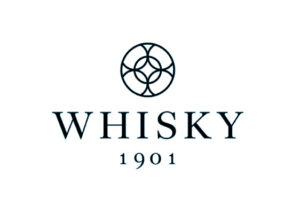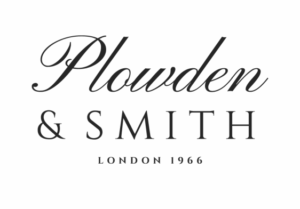The Art of Collecting Whisky with Ryan Fazackerley of Whisky 1901
Whisky is a market that benefits from maturing, like the drink itself before bottling, so investors should usually look to the medium term – say five to 20 years.
Cask investment experts Whisky 1901 acknowledge that rising UK excise duties, shifts in consumer spending, and the disruption caused by U.S. tariffs under the Trump administration have added to the post-Covid hangover. “However, the outlook is now turning more positive,” says Partner Ryan Fazackerley.
The recent UK-India Free Trade Agreement opens the door to the largest market for Scotch whisky by volume, while the removal of U.S. tariffs has reopened opportunities in one of Scotch’s most valuable markets.
Impressive momentum is evident in smaller, fast-developing markets, adds Fazackerley. “Countries across Latin America, parts of Africa, and Southeast Asia are registering double-digit growth in Scotch whisky imports. These newer markets may be starting from a smaller base, but their expanding middle classes and appetite for premium spirits represent an important growth frontier for the industry.”
He believes that this increased exposure contributes to a broader culture of whisky appreciation, and ultimately reinforces Scotch’s position as the world’s most recognised and aspirational whisky.
Which are the outstanding names today, according to Fazackerley?
“Scotch offers something for everyone, with distilleries experimenting with different cask types to create an ever-wider range of flavour profiles. From a consumption standpoint, this diversity is part of Scotch’s global appeal.”
From an investment perspective, however, attention often gravitates toward the big names, he adds, The Macallan and Dalmore being prime examples. Yet, some of the most compelling growth stories lie with distilleries where production is either limited or no longer possible. “Littlemill, for instance, holds the distinction of being Scotland’s first officially registered distillery. It closed in the early 1990s and was later destroyed by fire, leaving only a dwindling number of casks that embody its legacy. Springbank is another standout: despite having the capacity to produce around 750,000 litres annually, it deliberately keeps output closer to 250,000 litres, a strategy that has fostered a cult-like following and driven demand well beyond supply.”
Whisky 1901 focus on identifying casks that combine these dynamics, restricted supply or the potential for surging demand, so they can deliver the strongest long-term results for their clients’ investments.
What other costs are there beyond the asset investment cost?
Transparency is critical, says Fazackerley. Hidden fees can erode returns, so it’s important to understand exactly how your provider is compensated “When you purchase a cask through Whisky 1901, you pay a single upfront fee. This price includes our margin as well as the first two years of storage and full insurance coverage for your cask.
“After this initial period, ongoing costs are limited to storage and insurance, which currently amount to around £150 per cask, per year. In addition, we re-gauge each cask every two to three years as a standard health check to monitor volume and alcohol strength. If you wish to have your cask re-gauged more frequently, additional charges may apply.”
The company draw on a broad network of suppliers and industry participants to benchmark against the latest market pricing. “We also monitor both the cask and bottled whisky markets to ensure our valuations reflect current demand and long-term trends,” says adds Fazackerley.
The value of an individual cask will vary based on a number of attributes, including its age, cask type and size, alcohol strength (ABV), and current liquid levels. “By combining these intrinsic factors with live market data, we are able to provide an accurate and transparent assessment of each cask’s worth at any given time.”
The strategy of focusing on well-established brands and distilleries helps to reduce volatility for clients.
![]()
So, where are the risks?
“It is essential that investors carry out thorough due diligence, both on the cask they are purchasing and on the company they are purchasing through. The most important safeguard is ensuring full legal ownership of your cask,” says Fazackerley. “This can be achieved either through a delivery order issued by the warehouse where the cask is stored, or via a legal contract transferring the asset from the investment company’s balance sheet into the investor’s name. Without this, investors risk losing their entire principal if the company were to go bankrupt.”
Equally important is the question of exit. “Many companies can sell you a cask, but not all have the established network of market participants required to resell it. A reliable whisky investment partner must be able to provide both an entry and an exit strategy with equal ease.”
Why invest on cask collecting if you don’t keep it directly yourself?
“For many, the attraction lies in the potential returns, an asset that moves independently of volatile financial markets,” says adds Fazackerley. “For others, it is about diversification: adding a tangible, long term holding to balance their portfolio. And for some, it is about passion, investing in a product with history, romance, and cultural significance.”
Investors at Whisky 1901 can visit their casks in the warehouse and even draw samples of their own whisky, so the hands-on approach can be part of the deal. “Many choose to have a bottle prepared at Christmas to share with family, a service available for a small cost covering bottling and duty.”
The company also host regular tastings with their Master of Whisky and Keeper of the Quaich, Matt Chambers. These events give clients the chance to deepen their knowledge, expand their appreciation, and connect with a community of like-minded whisky enthusiasts and investors.
“Ultimately, cask ownership offers more than just financial potential, it is an experience. From visiting the warehouse and sampling your own whisky to sharing a personally bottled dram with loved ones, it transforms an investment into a living, sensory journey. For those who value both tangible assets and memorable experiences, a whisky cask is a uniquely enjoyable way to engage with a product that is as rich in character as it is in history.”


